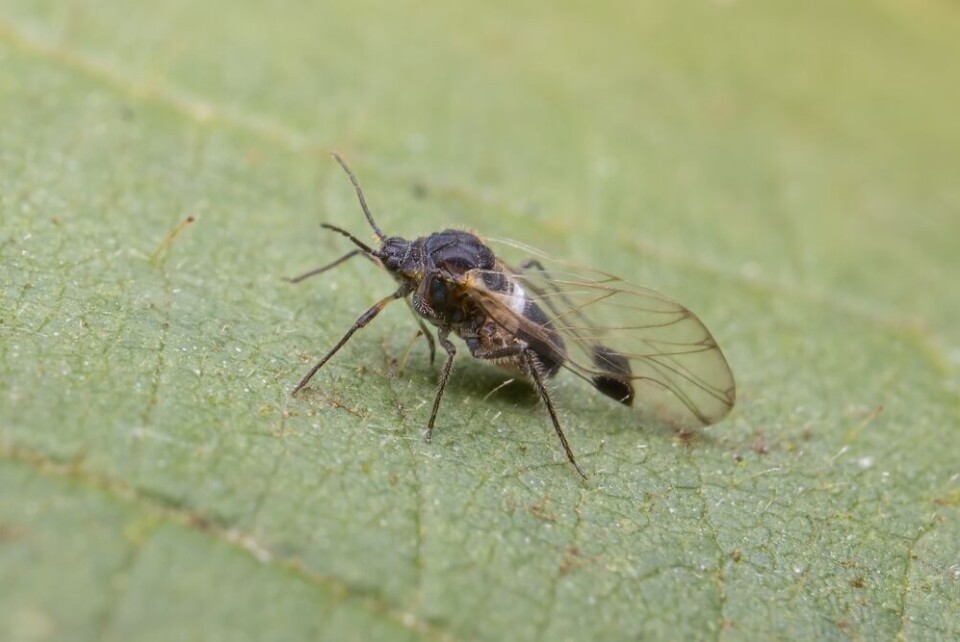-
New Paris-Jersey direct flight to launch this summer
Loganair route forms part of Channel Island’s tourism boost plan
-
Death of right-wing protester in Lyon sparks fears of further political violence
Quentin D, 23, died after reportedly being ambushed by far-left activists near site of political conference
-
How to save money on seeing a specialist doctor in France
Some specialists charge more than others for the same service
Black biting fly in Spain: Is it a problem in France?
The fly can cause severe reactions in humans and can be dangerous for animals

A black, biting fly that is causing concern in Spain is also present in France and can draw blood from bites on humans and animals.
The national environmental health authority (ANECPLA) in Spain issued an alert for ‘la musca negra (black fly)’ insect on August 5.
The scientific name for the type of fly is ‘simulium’.
The insect’s population has exploded in recent years in the country, with increasingly-high temperatures thought to be one major cause. The regions most affected are Andalucia, Aragon, and Catalunya.
The director of ANECPLA, Jorge Galván, has said that the flies are “reproducing more and for longer”.
The fly is smaller than a typical domestic fly (around 3mm), and bites rather than stings. When it bites, its anticoagulant saliva means that the skin typically bleeds a little, and the fly feeds off this. Many people do not feel the bites at first, because the saliva also has anaesthetic properties.
Is it a problem in France?
There are more than 1,000 known species of the fly and it has been in France for many years. However, so far the number of insects does not appear to have increased to problematic levels in the country.
This could yet change, though, especially if temperatures continue to rise.
Gérard Duvallet, a medical and veterinary insect expert and, professor at the Université Paul-Valéry in Montpellier, told Le Parisien the fly can carry diseases such as onchocerciasis, or ‘river blindness’, but so far - he said - this has only been seen in West Africa.
When it comes to humans, the risk remains low, Mr Duvallet said. He explained: “Usually, we get feedback from pharmacists who see a steady stream of sting victims in August. So far, we haven't had any reports.”
No case of human death linked to the fly has been recorded in the past century, although bites can cause reactions including fever, nausea, headaches, rashes, and inflammation. The condition is sometimes known as ‘black fly fever’.
Mr Duvallet warned that the fly is more common in mountainous areas and near water sources such as rivers. “The larvae develop when there is organic matter in the water,” he said. “They pick up anything that floats to feed on, like the milk that a farmer would pour into a stream.”
People can deter the flies by using anti-mosquito creams or sprays.
If you suspect you have been bitten, you should wash the bite area and disinfect it. If it becomes inflamed or more severe, you could get an anti-rash or anti-bite cream from the pharmacy. If you suspect the bite has become infected, seek medical advice.
Read also
Tiger mosquitoes: How you can help stop their spread in France
Why are there so many flies in southwest France now?
Mosquito season in France: What influences how prone you are to bites?
























